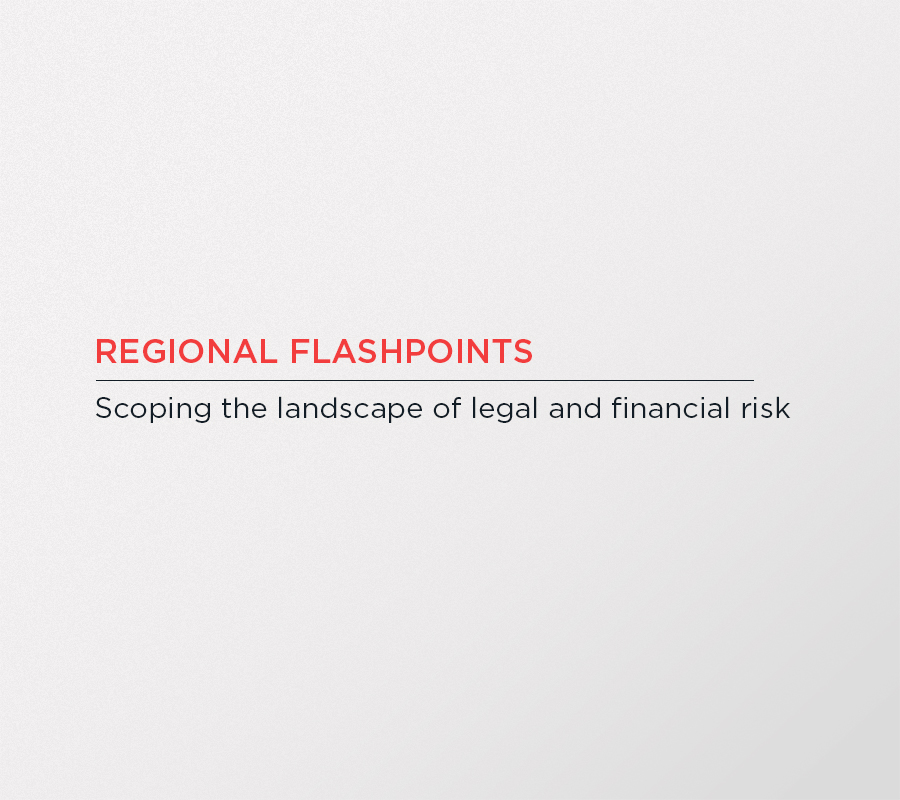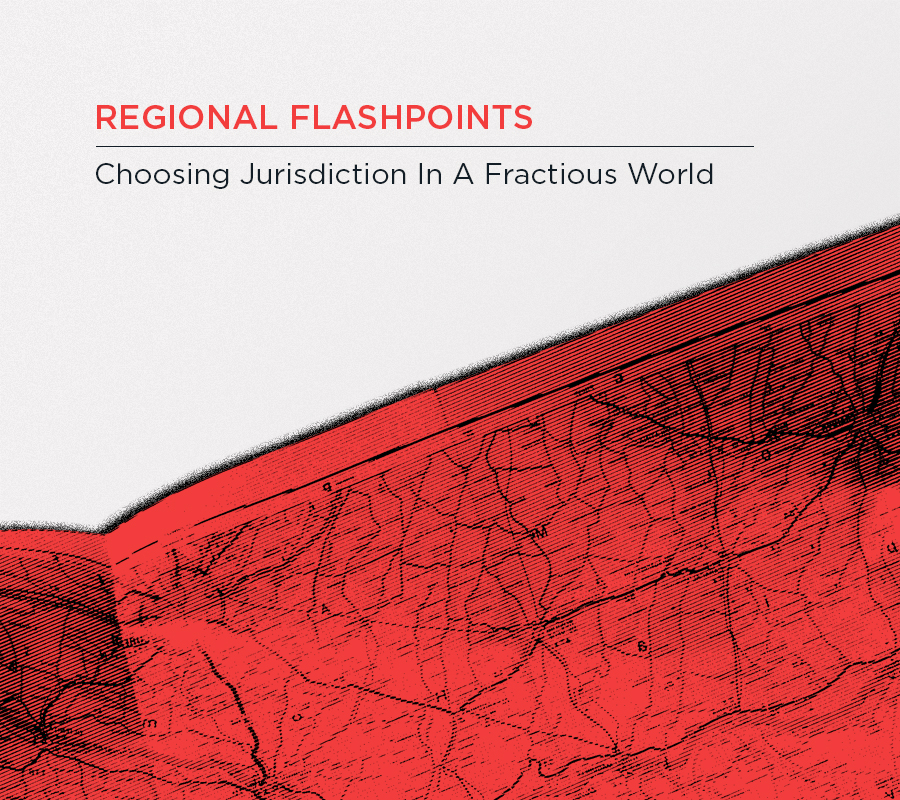
Julian Assange extradition hearing: Nick Vamos quoted extensively in world media
Nick Vamos says that the main question for the court is whether the US government has now given satisfactory assurances about the conditions in which Mr Assange would be detained which would address his risk of suicide. The fact that the US has provided specific assurances is rare and shows the importance it attaches to […]









